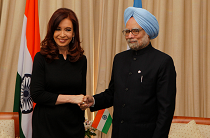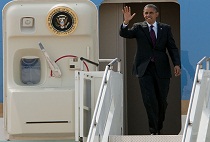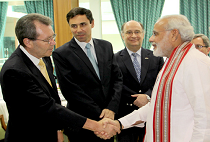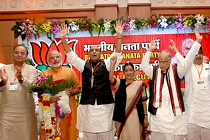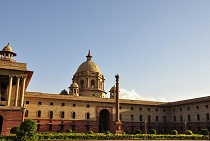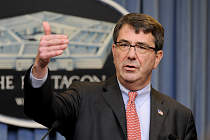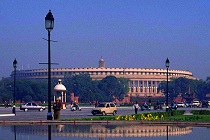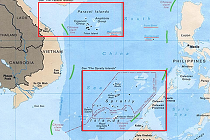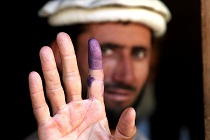Partnering with Argentine agribusiness
India is the largest producer, consumer and importer of pulses in the world, and a large consumer of edible oils. To meet its growing demand, India can build a long-term partnership with Argentina for regular supplies – Argentina produces these commodities abundantly and has relevant agribusiness expertise

